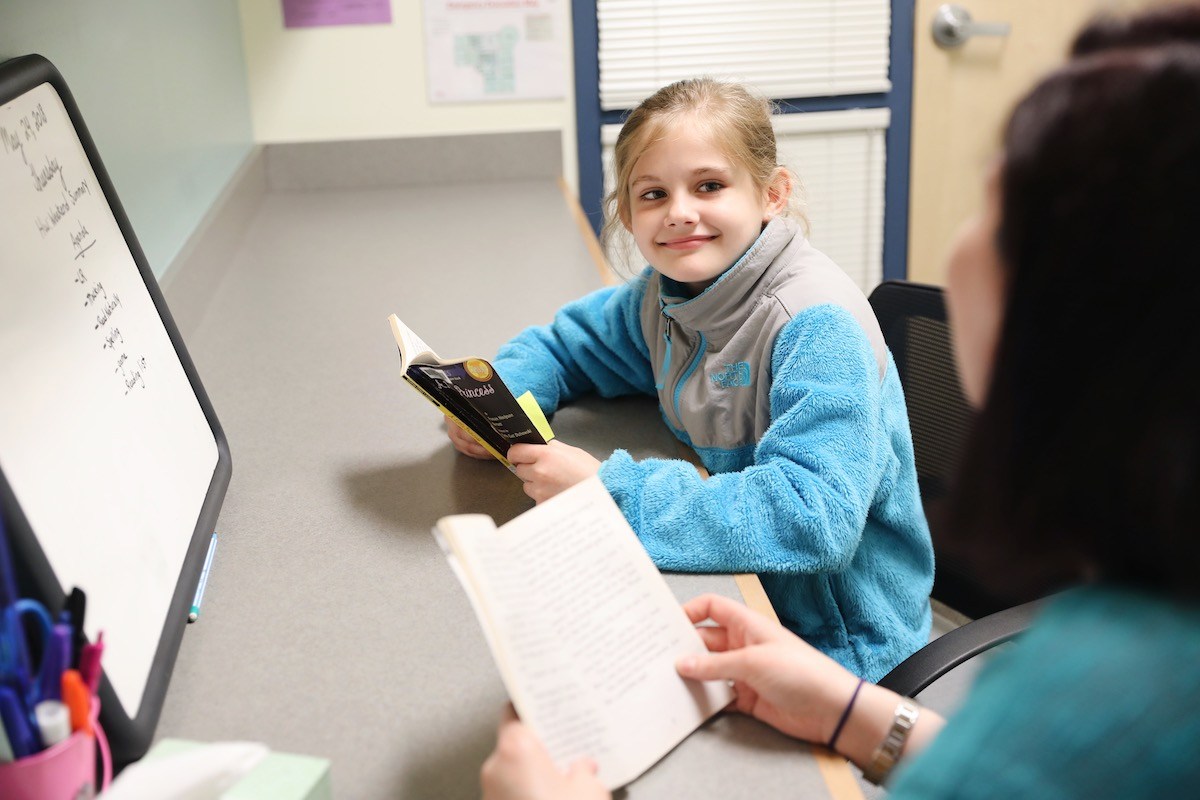- Our School
- Our Advantage
- Admission
- Elementary•Middle School
- High School
- Summer
- Giving
- Parent Resources
- For Educators
- Alumni
Page 9 of 18
Landmark 360 Blog
Practical, informative resources, tips, tools, and strategies for parents of children with learning disabilities written by experts in the fields of Learning, Learning Disabilities, Social & Emotional Topics, College Prep, and Teaching.
Being an Efficient Homework Helper—Part II: Strategies, Organization, and Dealing with Fatigue
September 24th, 2019
By: Regina G. RichardsThis is the second installment of a multi-part series about helping children manage homework. The first post is about establishing good habits creating an optimal learning environment and the third motivation and tools. This article originally appeared in LDOnline.Basic Strate... Posted in: Learning
Posted in: LearningBeing an Efficient Homework Helper—Part I: Turning a Chore into a Challenge
September 18th, 2019
By Regina G. RichardsThis is the first installment of a multi-part series about helping children manage homework. Thesecond post covers strategies, organization, and dealing with fatigue, and the thirdmotivation and tools. This article originally appeared in LDOnline."The secret of education lies in... Posted in: Learning
Posted in: LearningIdentifying Students with Dyslexia
July 11th, 2019
By Donell PonsWhen my son was in second grade, it became apparent he was not going to read without serious intervention. His speech was not delayed, but he was completely unaware of rhyme, the sound-to-letter relationship eluded him, and almost every characteristic of letter formation was challen... Posted in: Learning Disabilities
Posted in: Learning DisabilitiesThe Whole Language vs Phonics Controversy Rages On
June 4th, 2019
By Donna J. Sullivan, M.A.What a surprise it was to learn that controversy regarding the teaching of beginning reading is still alive and well! Specifically, I recently learned that what is known as the whole language philosophy is still alive and breathing, despite the large body of highly scie... Posted in: Teaching
Posted in: TeachingLegal Implications When Bullying Is Alleged
May 7th, 2019
This is the third post in a three-part series about bullying. The first article defines bullying and the second article outlines the warning signs of bullying.As discussed in an earlier post by Elizabeth Englander, the essential nature of bullying has not changed … [b]ut the signs that a target m... Posted in: Social and Emotional Issues
Posted in: Social and Emotional IssuesBullying: Warning Signs Have Shifted
April 25th, 2019
This is the second post in a three-part series about bullying. The first article defines bullying and the third discusses the legal implications when a student is accused of bullying. If you were to pick up an advice column about recognizing the signs of bullying written in 1975, it’s like... Posted in: Social and Emotional Issues
Posted in: Social and Emotional IssuesBullying Defined
April 9th, 2019
This is the first post in a three-part series about bullying. The second article outlines the warning signs of bullying and the third discusses the legal implications when a student is accused of bullying.By Erin HerzeelleOver the past several years, bullying has received increasing attention in the... Posted in: Social and Emotional Issues
Posted in: Social and Emotional IssuesThe Special Relationship Between Language-Based Learning Disabilities and Anxiety
March 18th, 2019
This is the fifth post in a five-part series about students, stress, and anxiety. The first article is an overview of anxiety, the second article looks at a relaxation program for elementary and middle school students, the third discusses how a student learned to manage her anxiety, the fourth ex... Posted in: Social and Emotional Issues
Posted in: Social and Emotional IssuesMoving Beyond “Struggling Reader” Labels
March 5th, 2019
By Katherine K. Frankel In a recent interview with Education Week, author Jacqueline Woodson, the Library of Congress's 2018–2019 National Ambassador for Young People’s Literature, discussed her concerns about labels like “struggling reader.” She argued that these kinds of labels are ha... Posted in: Learning
Posted in: LearningThe Five Components of Reading: The Keys to Unlock Reading Proficiency
February 24th, 2019
By Meghan SebensReading is an integral part of our culture and has been for many millennia. While our social and academic lives are constantly infused with reading, this ability does not develop innately. The ability to read is shaped by the material we engage with, by our own internal processes,... Posted in: Learning
Posted in: Learning
Page 9 of 18


























